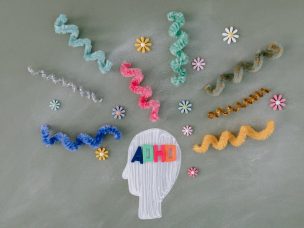Past research has provided insight into the dysfunction of reward-related processes common to attention-deficit/hyperactivity disorder (ADHD) and alcohol use disorder (AUD), two frequently co-occurring disorders. However, it is unclear which domains of reward functioning are unique to ADHD and which to AUD. This study, published in Alcohol and Alcoholism, attempted to identify unique symptom dimensions and underlying shared correlates for the two conditions.
The study relied on data analyses from 602 adults. It employed new transdiagnostic modeling of ADHD, AUD, and their shared symptom dimensions to identify unique and common reward-related dimensions, including delay discounting, environmental suppressors, hedonic capacity, proportionate substance-related reinforcement, and reward probability.
Ultimately, it was found that the only reward-related dimension that correlated with both ADHD and AUD was the presence of environmental suppressors. Moreover, ADHD exhibited a unique association with limited reward probability, while AUD had a unique association with proportionate substance-related reinforcement. The researchers concluded that ADHD and AUD share a common reward-related symptom dimension, which may inform further study of their transdiagnostic correlates [1].
Source:
[1] Oddo, L. E., Acuff, S. F., Arenson, M. B., Oshri, A., Chronis-Tuscano, A., MacKillop, J., & Murphy, J. G. (2021). Unique and transdiagnostic dimensions of reward functioning in attention-deficit/hyperactivity disorder and alcohol use disorder symptoms. Alcohol and Alcoholism. https://doi.org/10.1093/alcalc/agab070










